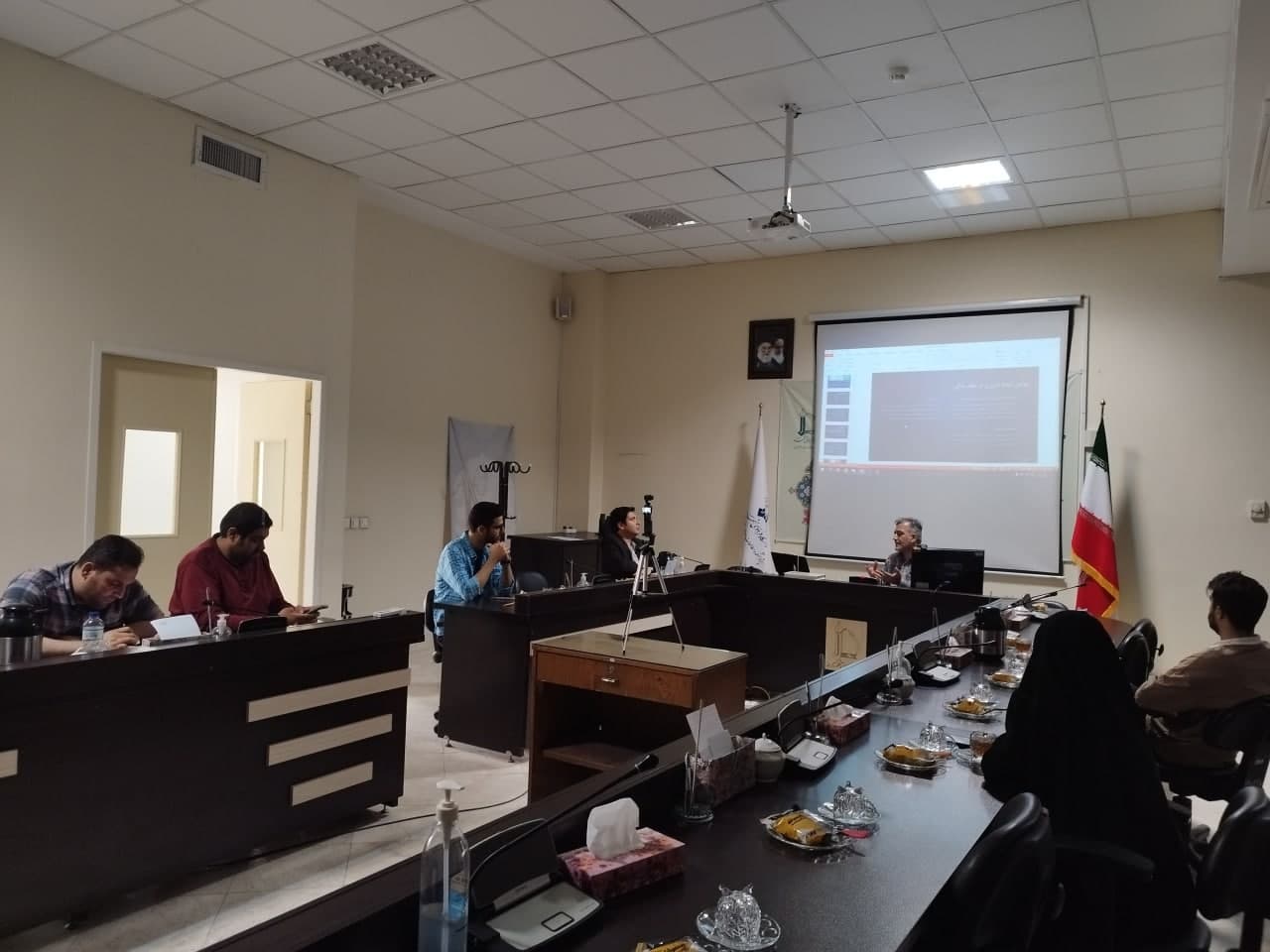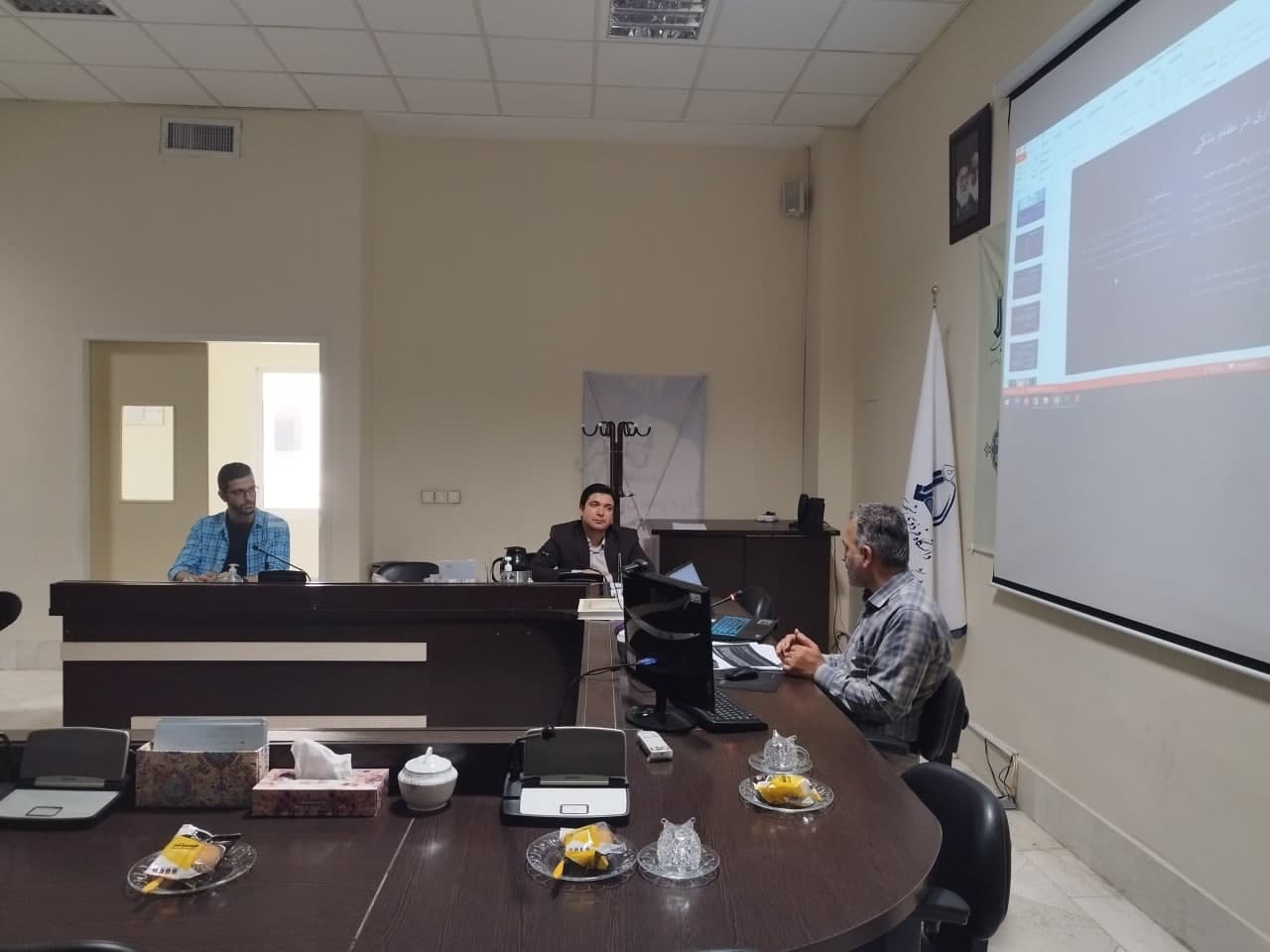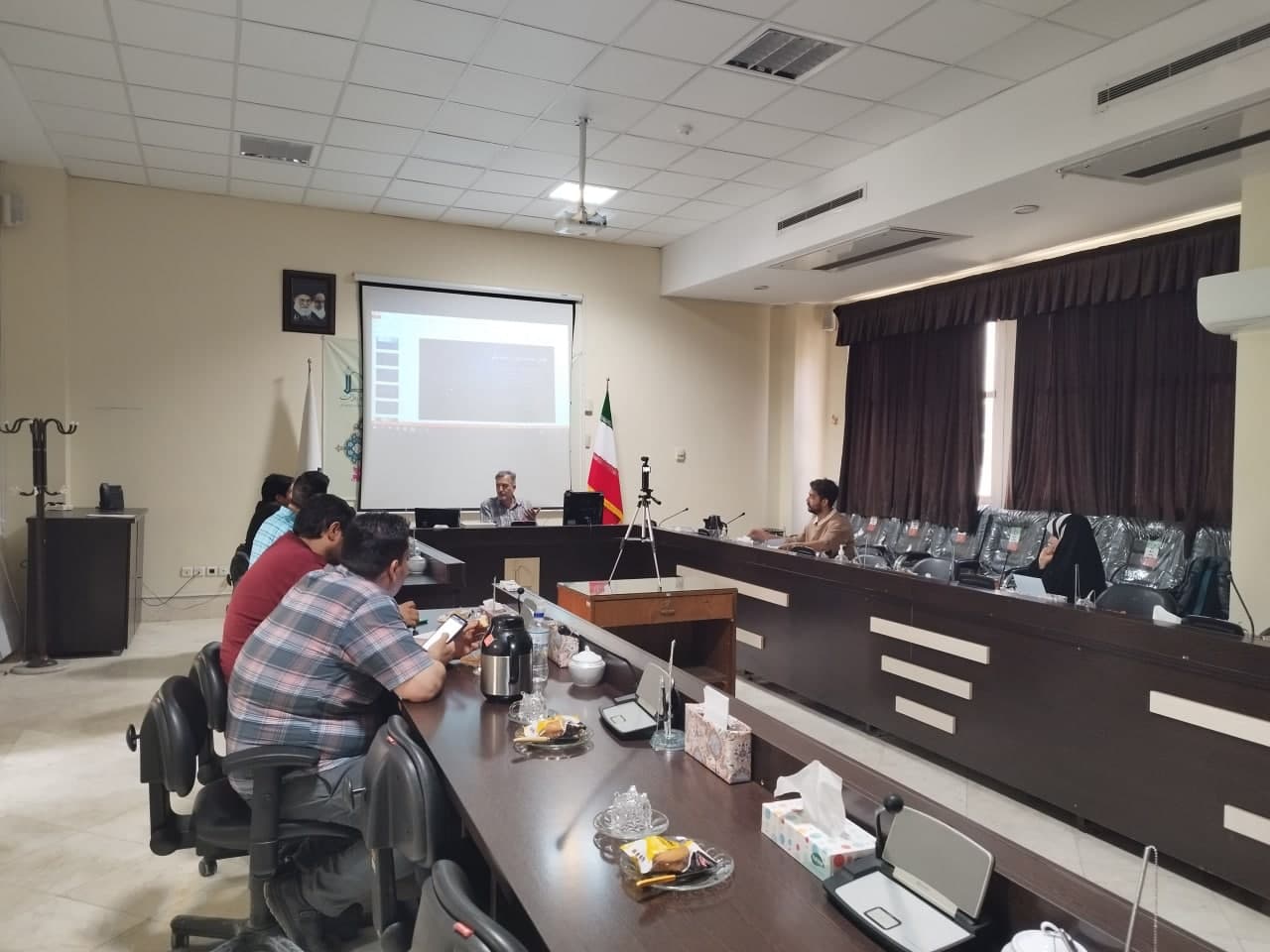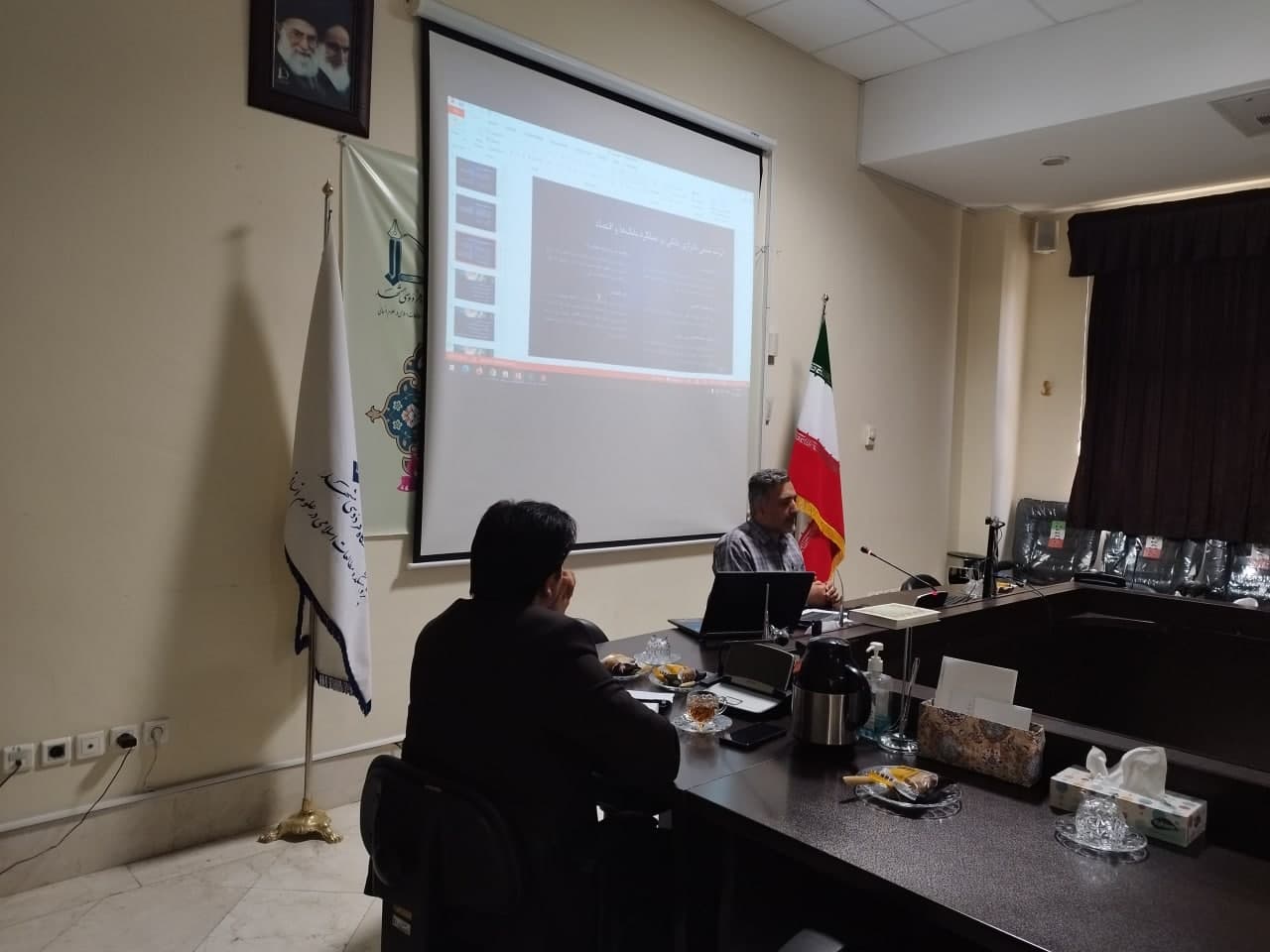An Investigation of the Mediating Factors in the Impact of Bank Imbalance on Economic Firms
This session, part of a series for the International Conference on Islamic Humanities (in the working group of Islamic Economics), was held with presentation by Dr. Vahid Arshadi, the dean of Institute for Islamic Studies in Humanities, and was attended by Dr. Hadi Esmaeilpour Moghaddam, a faculty member of Ferdowsi University of Mashhad. In the session, Dr. Vahid Arshadi began talking about the mechanisms through which the bank imbalance affects the performance of economic firms. According to his research findings, bank imbalance can, directly and indirectly, lead to reduced investment, increased financial costs, and ultimately, weakened economic development. This occurs through various gateways, including the credit channel, interest rates, financial markets, and regulatory policies. Following the presentation, Dr. Hadi Esmaeilpour Moghaddam acknowledged the researchers and stressed the importance of this topic. He identified several causes of this imbalance as significant factors, such as fictitious assets, non-performing loans, and weak regulatory oversights. He also stated that triumph out of this issue would be possible only through addressing the roots, which are essential element of the structural problems within the banking system. Overall, the session was to be a discussion and exchange of ideas on practical solutions for reducing bank imbalance and mitigating their consequences for the indigenous economy.





